
|
|
|
|
David M. Eagleman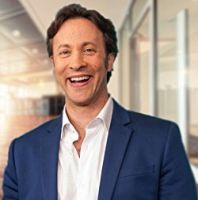
Neuroscientist, Stanford University; Author, Incognito, Sum, The Brain
Can we create new senses for humans—not just touch, taste, vision, hearing, smell, but totally novel qualia for which we don't yet have words?
David Edelman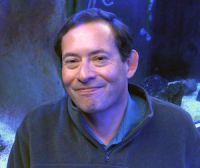
Neuroscientist; Guest Investigator, Dartmouth College
Will we ever be replaced by another earthly species capable of evolving to a similar degree of social and technical sophistication that effectively fills the biocultural niche we vacated?
Nick Enfield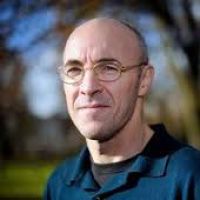
Professor and Chair, Department of Linguistics, University of Sydney; Author, How We Talk
Is the cumulation of shared knowledge forever constrained by the limits of human language?
Brian Eno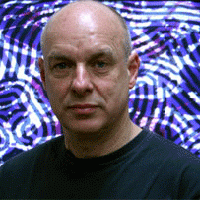
Artist; Composer; Recording Producer: U2, Coldplay, Talking Heads, Paul Simon; Recording Artist
Have we left the Age of Reason, never to return?
Juan Enriquez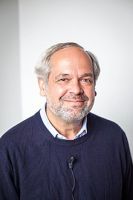
Managing Director, Excel Venture Management; Co-author (with Steve Gullans), Evolving Ourselves
So, before The Singularity...?
Dylan Evans
Founder and CEO of Projection Point; Author, The Utopia Experiment
Will civilization collapse before I die?
Daniel L. Everett
Linguistic Researcher; Dean of Arts and Sciences, Bentley University; Author, How Language Began
Will humans ever embrace their own diversity?
Christine Finn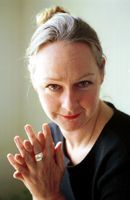
Archaeologist; Journalist; Author, Artifacts, Past Poetic
Is there a place for our past in our future?
Stuart Firestein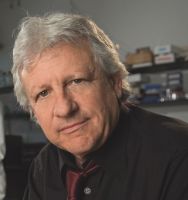
Professor and Chair, Department of Biological Sciences, Columbia University; Fellow, AAAS
How many incommensurable ideas can we hold in our mind simultaneously?
Helen Fisher
Biological Anthropologist, Rutgers University; Author, Why Him? Why Her?: How to Find and Keep Lasting Love
What will courtship, mate selection, length of marriages and family composition and networks be like when we are all living over 150 years?
Steve Fuller
Philosopher; Auguste Comte Chair in Social Epistemology, University of Warwick; Author, The Proactionary Imperative: A Foundation for Transhumanism
Can we design a common test to assess machine, animal and human intelligence?
Howard Gardner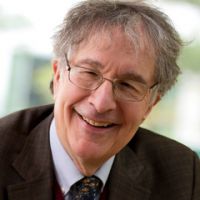
Hobbs Professor of Cognition and Education, Harvard Graduate School of Education; Author, Truth, Beauty, and Goodness Reframed
Will the "third culture" be followed by a fourth culture, a fifth culture, and, ominously, a Final Culture?
David C. Geary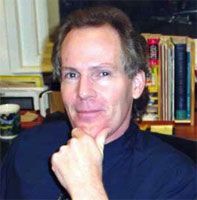
Curators’ Professor, Department of Psychological Sciences, University of Missouri-Columbia
Is there a single, evolved biological mechanism that can be tweaked to improve overall health, cognitive abilities, and slow aging?
James Geary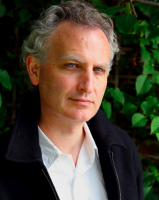
Deputy Curator, Nieman Foundation for Journalism at Harvard; Author, I Is an Other
Why is the phenomenon too familiar to investigate the hardest thing to completely understand?
Amanda Gefter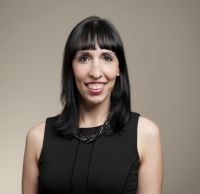
Physics writer; Author, Trespassing on Einstein's Lawn
Is intersubjectivity possible in a quantum mechanical universe?
Neil Gershenfeld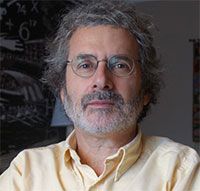
Physicist, Director, MIT's Center for Bits and Atoms; Co-author, Designing Reality
Is there a Turing test for living rather than thinking that can distinguish animate from automata?
Asif A. Ghazanfar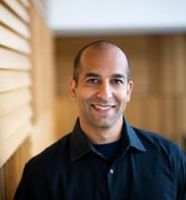
Professor of Neuroscience, Psychology and Ecology & Evolutionary Biology, Princeton University
What behaviors are we attributing only to brain mechanisms that may be better explained by considering biomechanics?
Steve Giddings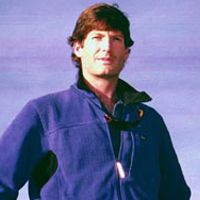
Theoretical Physicist; Professor, Department of Physics, University of California, Santa Barbara
Is there a single theory of all physics (TOP), and what is it?
Gerd Gigerenzer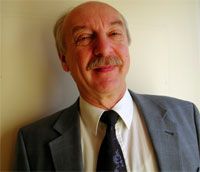
Psychologist; Director, Harding Center for Risk Literacy, Max Planck Institute for Human Development; Author, Risk Savvy
Can human intuition ever be reduced to an algorithm?
Bruno Giussani
European Director and Global Curator, TED
How much time will pass between the last minute before artificial superintelligence and the first minute after it?
|
|
|
|
